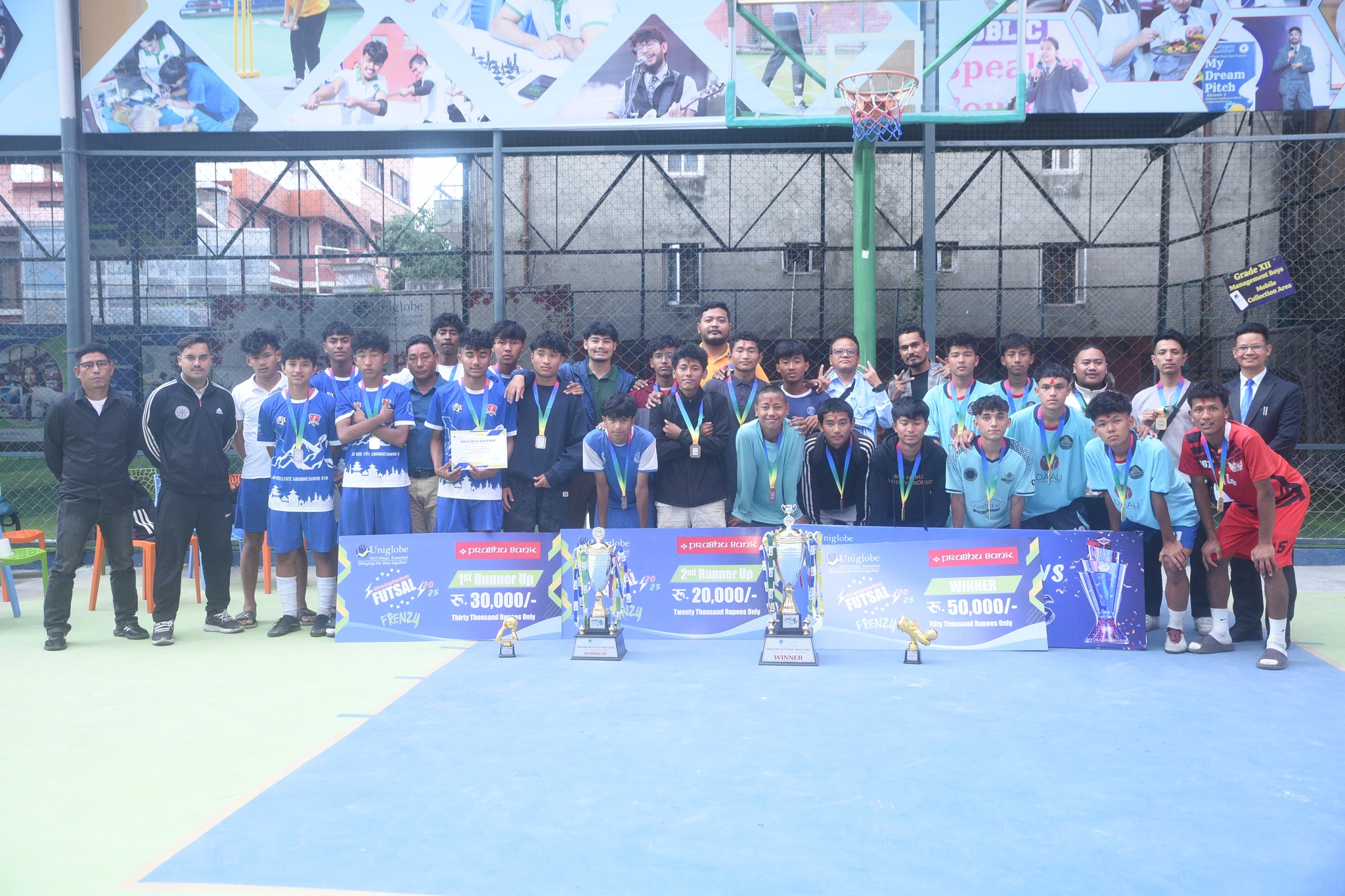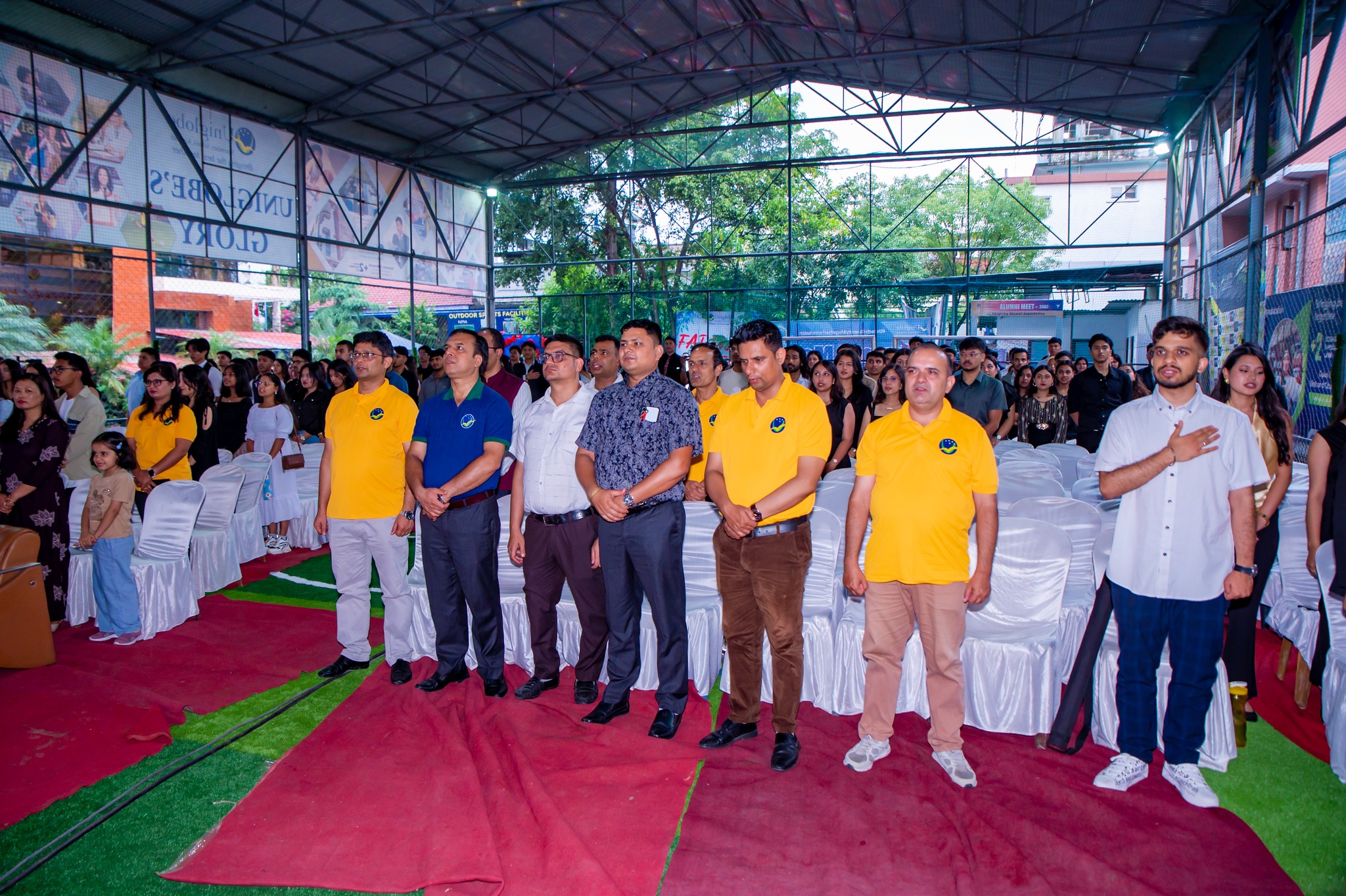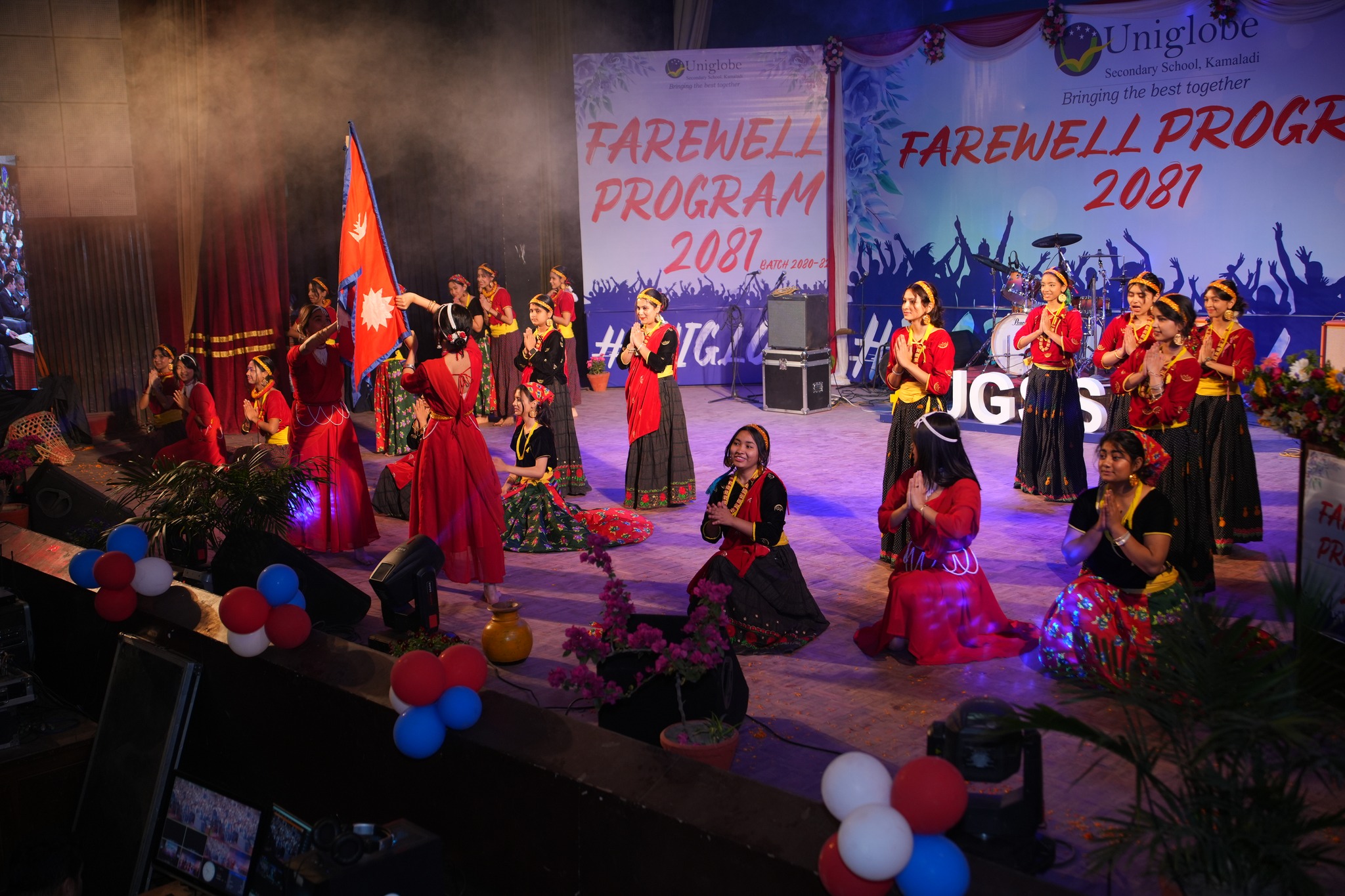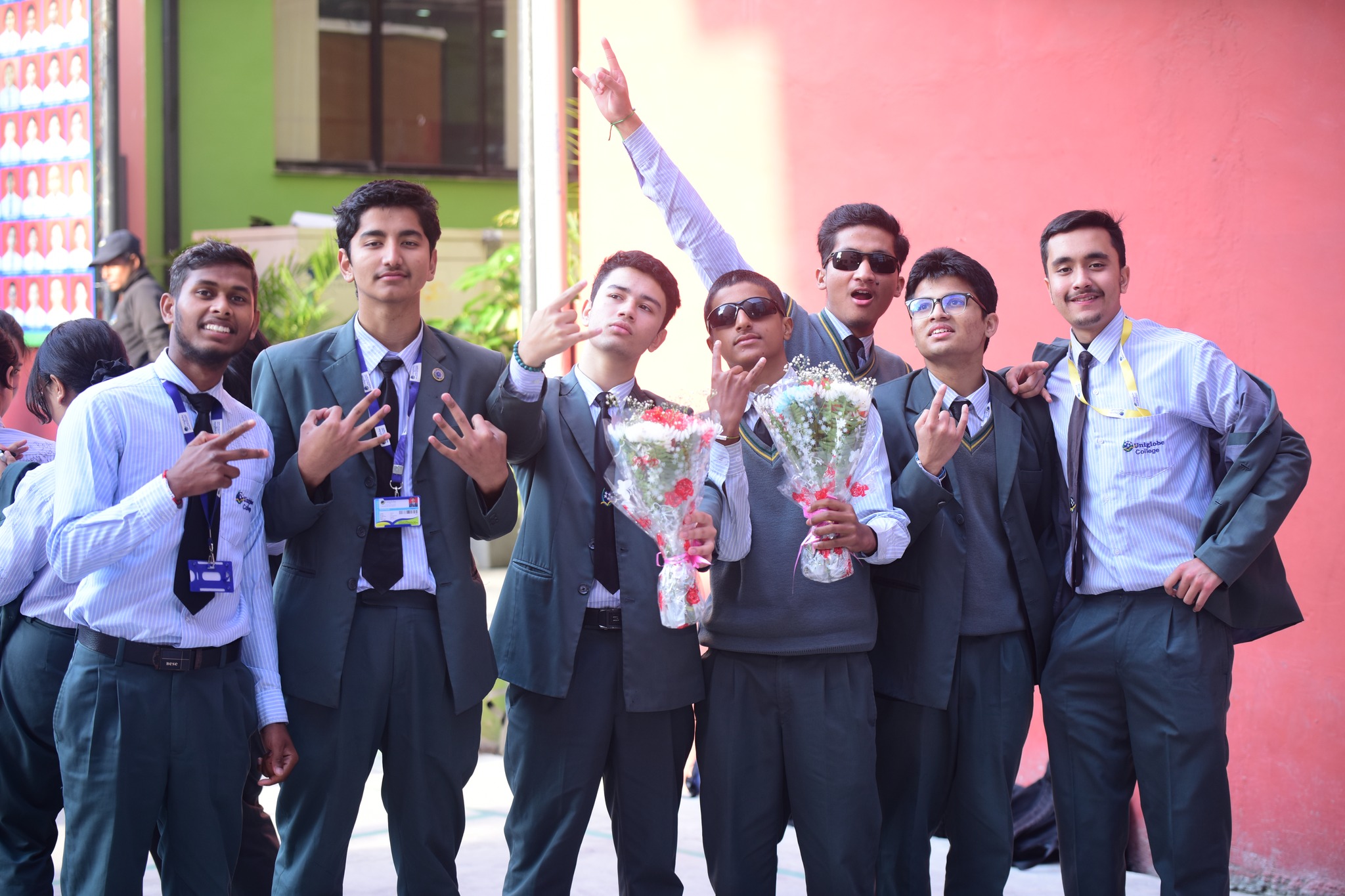Commencing my M.A. studies marked the end of a five-year hiatus from academia. Before this, my educational journey had been consistent up to the attainment of my bachelor’s degree. Upon venturing into Kathmandu for further academic pursuit, I found myself engulfed by the bustling urban landscape for an extended period. Nevertheless, my ardor for learning remained unwavering. Thus, five years later, I embarked on my master’s degree program in Nepali studies, braving myriad challenges.
As I stepped into the M.A. classroom, a sense of emptiness engulfed me; the majority of the subject matter had faded from memory, leaving me only with a certificate but devoid of substantial knowledge. It dawned upon me that a mere certificate is incapable of preserving knowledge or assessing human worth. Despite our relentless pursuit of accolades for academic excellence, I found myself unable to accurately transcribe the teachings delivered by the instructor during lectures. On one occasion, a teacher caught sight of my deficient notes and, with a wry smile, proceeded to read them aloud to the class. Laughter ensued among my peers, mirroring my inability to contain tears. Subsequently, the instructor advised against pursuing further studies in the subject.
Following that disheartening incident, my subsequent actions remain undisclosed. However, I am inclined to recount another noteworthy occurrence related to the subject matter: during a picnic at ‘Changunarayan’, Bhaktapur, amidst the break between internal evaluation exams, a query resounded from the teacher who had dissuaded me from Nepali studies, “Who bears the roll number forty-four?” Stepping forward from the crowd, I claimed the aforementioned number, leaving him dumbfounded. After a prolonged moment of disbelief, he verified my roll number once more, to which I presented my identity card. His reaction was one of speechless astonishment. Having exerted myself to the utmost, his response neither praised nor condemned my efforts.
The following day, amidst the classroom setting, the instructor announced the exam results, extending congratulations for achieving the highest marks. Tears welled up in my eyes for the second time: once from humiliation, and now from acknowledgment. Surpassing classmates who held double degrees or topped their respective colleges during their bachelor’s studies, I emerged as the highest achiever in the class. Subsequent exam results further validated my academic prowess, securing the top position in the college.
Concurrently pursuing a master’s degree while employed in the hotel industry posed a stark dichotomy between my professional obligations and academic pursuits, given the technical nature of my workplace environment. Despite returning home exhausted each night, I maintained a disciplined routine of attending college with my bag in tow, underscoring my unwavering commitment to education. Moreover, my passion for learning transcended mere vocational pursuits. Capitalizing on downtime during commutes, I recorded lectures on my mobile device, leveraging public transit journeys to review course materials. Financial constraints were not a hindrance, allowing me to procure an extensive array of reference materials and meticulously compile my notes, distinct from those provided by instructors.
With two days off per week, including Saturdays, I dedicated my leisure time exclusively to intensive studying, eschewing recreational activities in favor of academic enrichment. Engaging in critical analysis of texts, I synthesized information from diverse sources, fostering a deep understanding of the subject matter. Collaborative study sessions with peers facilitated long-term retention and comprehension. Thus, armed with meticulously crafted study aids and an insatiable thirst for knowledge, I excelled in my examinations.
Subsequently, I transitioned into an instructional role within the same college where I completed my master’s degree. Remarkably, the very instructor who had once disparaged my academic pursuits now found himself among the faculty. Despite harboring no inclination to retaliate verbally, the passage of time had unequivocally vindicated my academic capabilities. Nevertheless, societal prejudices persisted, as evidenced by a disheartening encounter during a visit to a friend’s private school in Balaju.
Introducing me as a distinction holder in Nepali studies and a prospective Ph.D. candidate in the same field, my friend’s enthusiasm was met with reluctance from a parent, who opined that individuals from the Newar community ought to pursue careers in engineering or medicine. According to him, the study of Nepali language and literature was incongruous with the societal expectations imposed upon Newars, thereby diminishing any academic achievements, including a Ph.D. degree, in this field. Despite his apparent education and sophistication, he epitomized the entrenched societal stereotypes that persist despite constitutional prohibitions.
In conclusion, the insidious influence of societal biases continues to pervade educational and professional spheres, perpetuating divisions based on caste and profession. Despite constitutional mandates to the contrary, these prejudices endure, underscoring the imperative for concerted efforts to dismantle systemic barriers and foster inclusive academic and professional environments.
By: Dr. Jivan Shrestha







